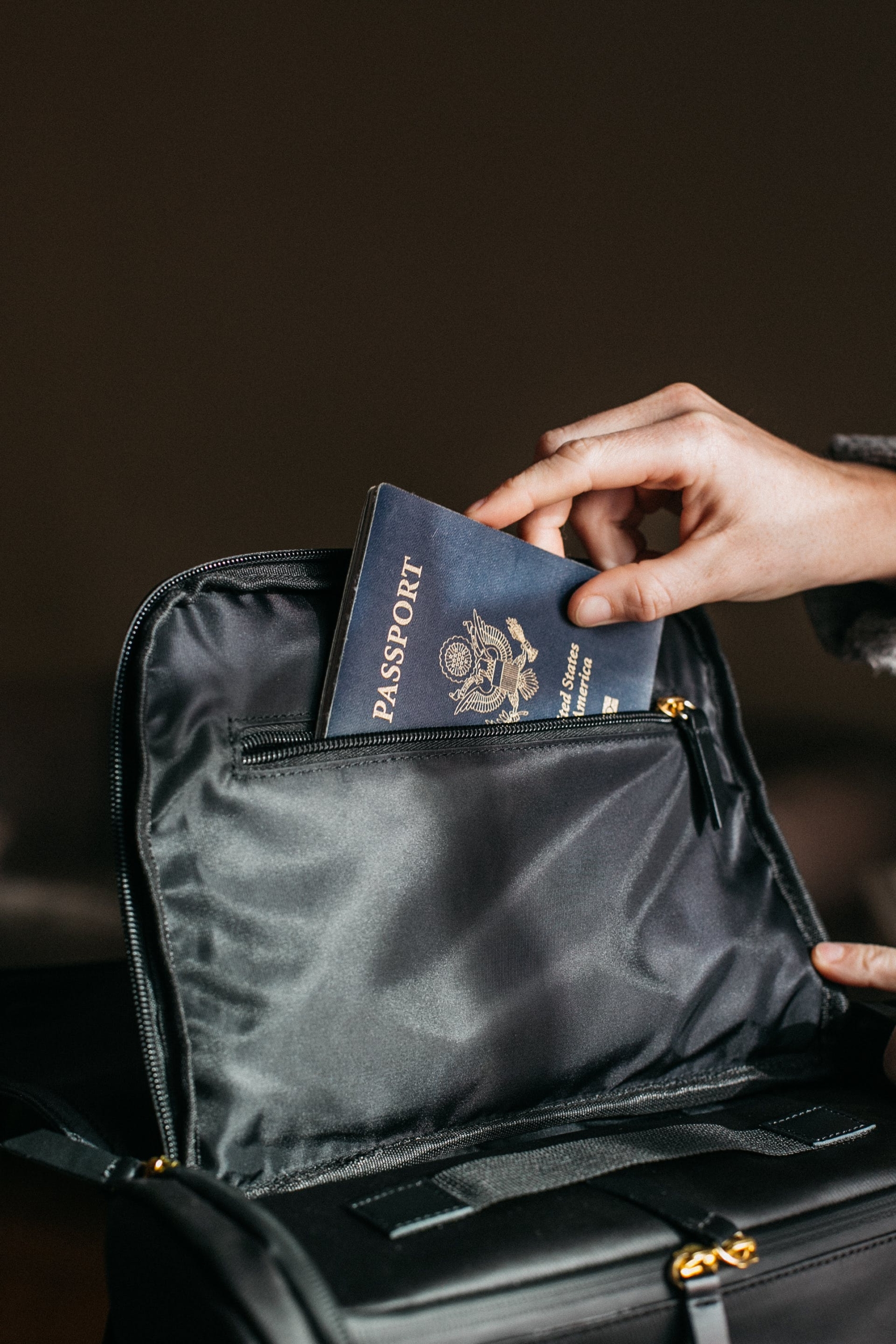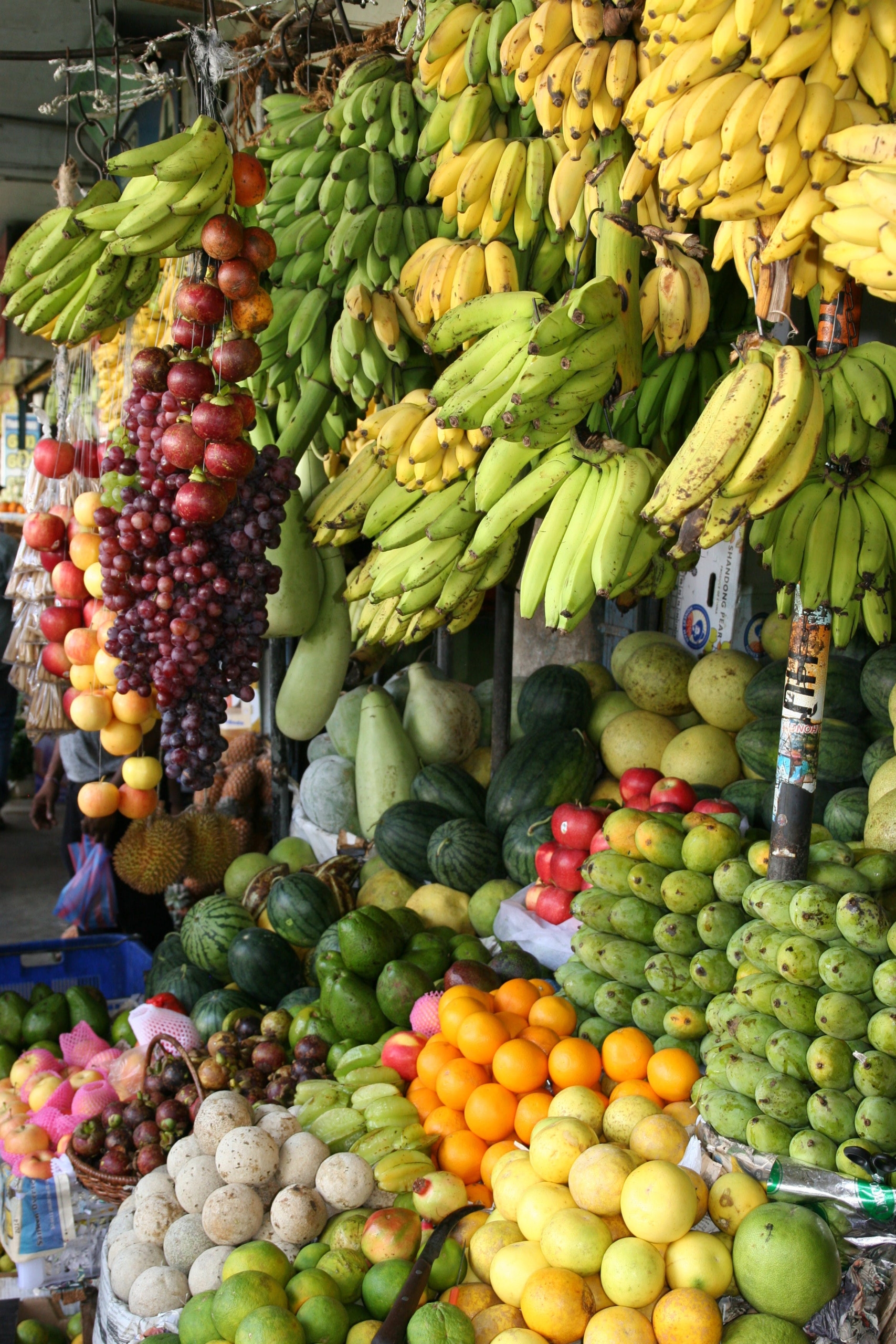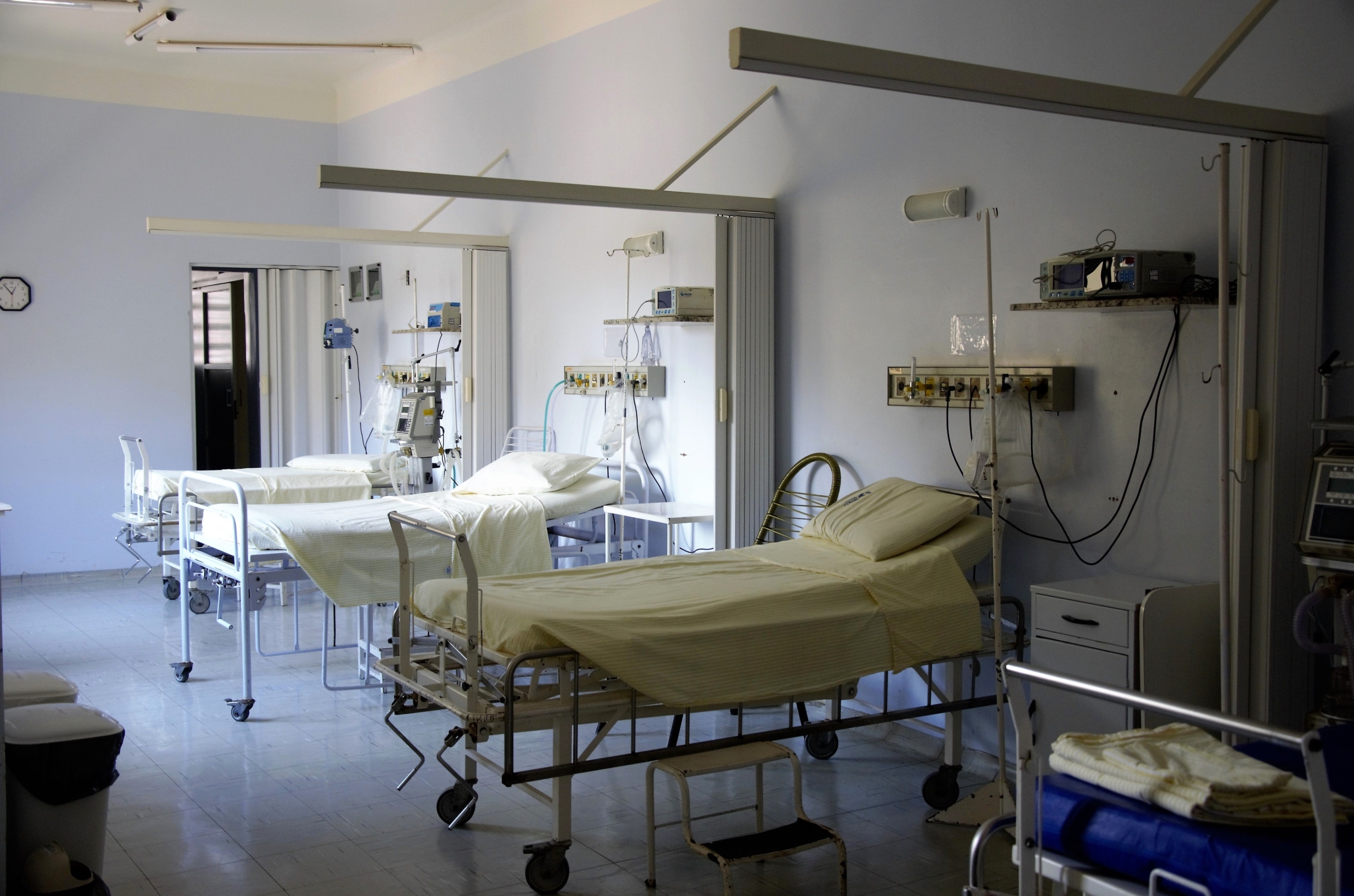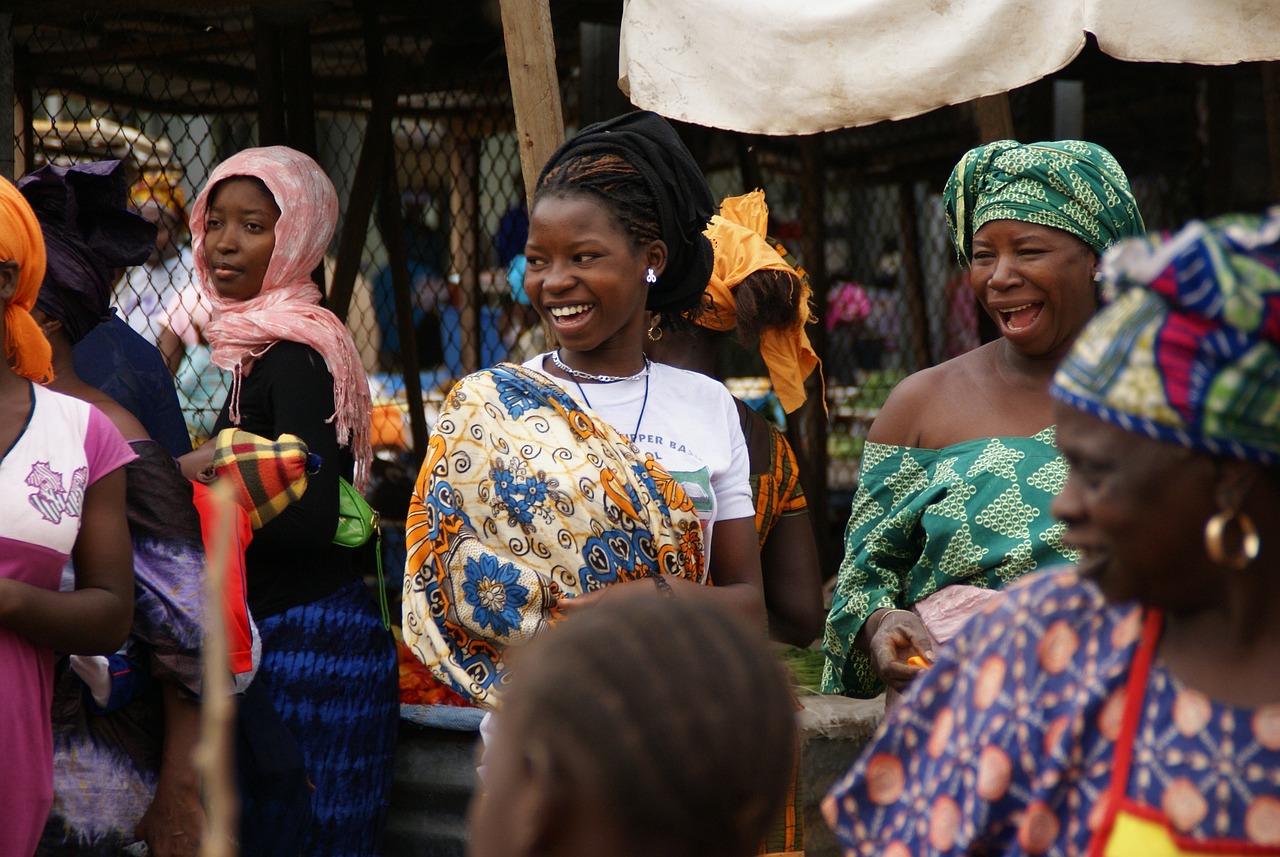Moving to a new country can be an exciting and life-changing experience. If you are considering buying a home in Saint Lucia, here are seven things you should consider before making the move.

We will start with one of the more obvious, but most important considerations, which is Visa, Residency, and Citizenship. Before relocating to Saint Lucia, you need to understand your options to see if a visa, residency, or citizenship makes the most sense to you. If you plan on obtaining citizenship and are looking for options, our “Citizenship by Investment” page would be a good place to start to gain understanding about obtaining citizenship to see if it is right for you.

Saint Lucia is a small island nation, so the import and export of goods is not as consistent, and what is brought in is going to be limited. What this means is that you may need to have patience when looking to replace certain items. For example, you may want to do a home project requiring a number of plumbing pieces. Sometimes you may need to visit 2 or 3 hardware stores to find all of the pieces you need, while other times, you may find everywhere is out, so you may need to order it yourself or wait and try the stores again in a few weeks. This also means that sometimes you will see food or goods like honey, avocados, charcoal, everywhere, and sometimes, everywhere is out, so you may need to wait a bit before you find someone selling it again. Ultimately, it is best to understand that there are times where you have to be flexible or resourceful for a period of time.
On top of availability, there will be limited choices of the types of goods you will find, so if you are picky on your decor, or what you like for resources, you may need to be prepared to order goods yourself.
Overall, while living in Saint Lucia, you will find that cost of life tends to be fairly cheap in comparison to other countries. This can be attributed to the very low services costs. This means that things like construction/handyman work, daycare, restaurants, and other areas are relatively inexpensive. That being said, that is offset by goods that tend to be at or more expensive than the US, Canada, or the UK. Saint Lucia is still very much a cash run country with many people working odd jobs “under the table”. For the government to ensure it is raising enough taxes, they apply a VAT (value added tax) and/or an import duty on most items on import. This means that items like kitchenware, furniture, and tools can be quite expensive. Pair that with number two in this article (not having choice or potentially the availability) and you can see why it is important to consider shipping lots of these items with you when you move.

Healthcare is an essential aspect to consider when moving to a new country. Although there are some services available to citizens, care on the island will have some limitations to consider. In terms of emergencies, the country does a good job tending to those in need. There are also plenty of health centers scattered through the island for those who fall ill, or for those who need checkups. Where you may need to look to other countries though, is when you start looking for specialists. There are lots of private medical insurance companies on the island. It is worth having discussions with them on what options there are when specialists are needed. You may just need to find the right insurance, or you may also need to consider budgets for emergency flights if the needs arises.

If you have children, you will be happy to hear that the education provided on the island is great. In the north part of the island, there is a Montessori school, as well as an international school, but the local schools are also esteemed. Something to note is that all schools in Saint Lucia require uniforms.
In terms of extracurricular activities, many schools offer swimming, table tennis, arts and crafts, etc. In the north there is a soccer club, and a local pool with swimming lessons for all ages.

As mentioned in the cost of goods section, a VAT and import duties are applied to goods that are imported on the island. You will want to be aware of the potential added costs that you will pay on goods. Sometimes in some extreme scenarios, the taxes can add up to be more than 100% of the cost of the good itself. You will want to look up your item to see what you would expect the cost to be for that item in advance of ordering it. This will also be important just in case your goods are misclassified, and the wrong duty is applied. The following page has a link to the most up to date document of all duties categorized by goods type :
http://www.customs.gov.lc/customs-tariff.php
Saint Lucia has a vibrant culture. Lucians are social people who regularly attend festivities for all different events. Manners here are very important. For example, children should always greet people they walk by and use Ms/Mr when greeting them. Not using the prefix or responding to someone who says “Good Morning” could be interpreted negatively. As mentioned, Christianity is a very big part of the country. It does not mean they don’t tolerate other religions, but please know that the values will come through in schooling (maybe children will say prayers in the morning) and with sayings (such as “Have a blessed day”).
Moving to a new country requires thorough research and planning. By considering these seven factors, you will be well-prepared to embark on your journey to Saint Lucia. Remember to be open-minded, embrace the local culture, and make the most of this exciting opportunity to start a new chapter in your life.
We are always looking to help. Contact to get you in touch with the resources you need when moving to Saint Lucia.
Subscriber To Our Newsletter
Stay updated with our latest newsletter release.
Copyrights © 2023 Golden Hour Group Ltd – All Rights Reserved
